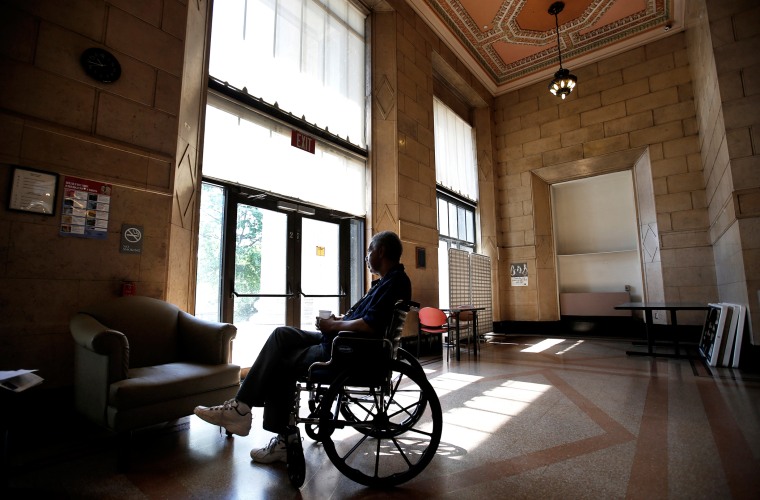President Obama on Thursday signed a bill that ended a decades-old policy that banned organ donations from one HIV-positive person to another.
The HIV Organ Policy Equity (HOPE) Act allows organ transplants between HIV-infected individuals for medical research in the hopes that the practice will eventually become more commonplace. According to the United Network for Organ Sharing, there are more than 120,000 people on the waiting list for organs; providing HIV-positive donors with another pool to receive organs from could shorten the waiting time for others on the list.
"For decades, these organ transplants have been illegal. It was even illegal to study whether they could be safe and effective. But as our understanding of HIV and effective treatments have grown, that policy has become outdated. The potential for successful organ transplants between people living with HIV has become more of a possibility," Obama said in a statement released Thursday.
The bipartisan bill, which was unanimously passed through the Senate in June, was introduced by Democratic Sen. Barbara Boxer and Republican Sen. Tom Coburn. Among the bill’s supporters were Democratic Sens. Elizabeth Warren, Richard Blumenthal, Mark Pryor, and Republican Sens. Rand Paul, Michael Enzi, and Mark Kirk.
The House then passed the bill earlier this month by a voice vote—a move Rep. Andy Harris, the first Republican in the House to support the measure, said “will improve lives and have a positive impact on our healthcare system.”
"The HOPE Act changes an outdated law by making government work in a more efficient and effective manner for all patients needing transplants--both those with HIV and those without--which is exactly what the American people expect from their elected officials,” Harris, an anesthesiologist, said in a statement.
The ban on HIV-positive organ donors was put into place as a result of the fear surrounding the AIDS epidemic during the 1980s. But the new legislation now opens many doors for doctors and scientists to advance their research on the virus.
“Passage of the HOPE Act will save lives and also help break down the stigma associated with HIV/AIDS,” said Kevin Frost, CEO of amFAR, The Foundation for AIDS Research, said in a statement. “This legislation makes federal organ donation regulations more reflective of the evidence and allows for critically important research to move forward.”
The unknown factors associated with the spread of HIV and AIDS infections led the FDA in 1983 to also impose a ban on blood donations from men who've had sex with men--a ban that is still in place today. In an interview with msnbc earlier this year, amFAR vice president and public policy director Chris Collins said the science has dramatically changed over the decades, adding that the policies put in place back in the '80s no longer reflect what the research says today.
"The ban was imposed at a time when we didn't have any way of knowing someone was infected," Collins said. "The problem is that the current ban has not been updated with the new technology for testing. It treats different populations of people differently. It bases deferral of the ability to donate blood based on someone’s identity, rather than what their behavior has been.”
